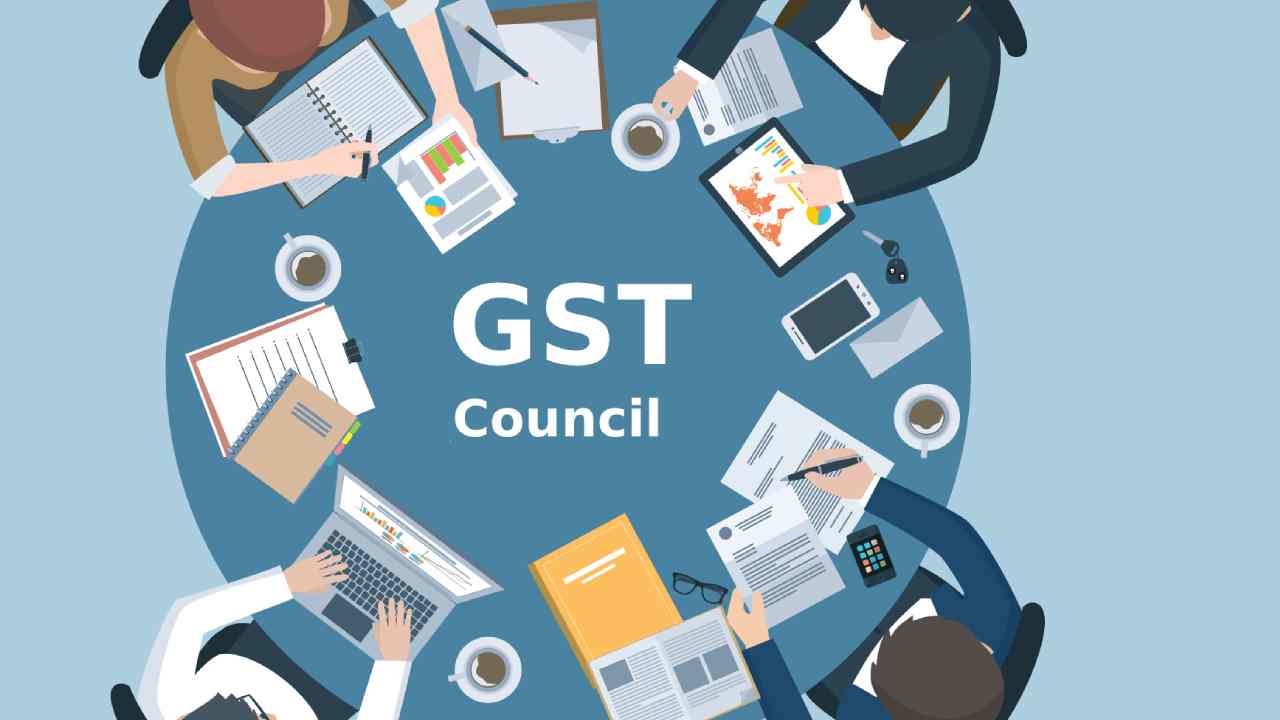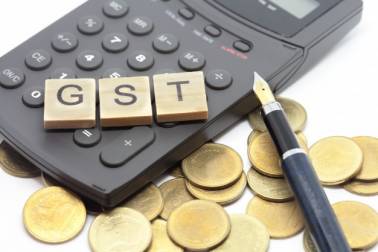Proposals to tackle tax evasion in pan masala, gutka, bricks and sand mining industries will also be taken up at the meeting
The Goods and Services Tax (GST) Council will meet on 17 December to decide on the composition and regional distribution of appellate tribunals that will handle GST disputes, but will not address the contentious issue of taxation of online gaming, horse racing, and casinos, two people familiar with centre-state discussions said.
The federal indirect tax body will decide whether there should be one GST appellate tribunal per state or whether one per region would suffice and how many members should be there from the Centre and states. The proposal presently before the Council is to have one technical member each from the GST departments of the Centre and the state concerned “to adhere to the principle of equity,” said one of the people cited above. However, given that the GST appellate tribunal (GSTAT) will have four people, including a president and a judicial member, states may seek greater representation. An officers’ meeting will be held on Friday before the Council meeting, the person said.
Proposals to tackle tax evasion in pan masala, gutka, bricks and sand mining industries will also be taken up at the meeting based on the recommendations made by a ministerial panel led by Odisha minister Niranjan Pujari. The idea is to see if, instead of levying GST on sales, it can be imposed on the installed capacity of the production unit, the person said. This, however, militates against the very nature of GST, which is a tax on consumption, not production.
A reverse charge mechanism or shifting the liability to pay tax in a transaction to the buyer for better reporting and compliance is also under consideration for segments of the industry. In the case of brickmaking, the problem is that only a part of its downstream industry—the sale of under-construction property—is covered under GST and not properties where work has been completed (which attracts stamp duty). The idea of capacity-based taxation is being explored to check evasion by brickmakers who underreport output.
Source: livemint.com
***
Don’t miss the next GST Update / Article / Judicial pronouncement
Subscribe to our newsletter from FREE to stay updated on GST Law
Resolve your GST queries from national level experts on GST free of cost
TW Editorial Team comprises of team of experienced Chartered Accountants and Advocates devoted to spread the knowledge of GST amongst the various stakeholders.



